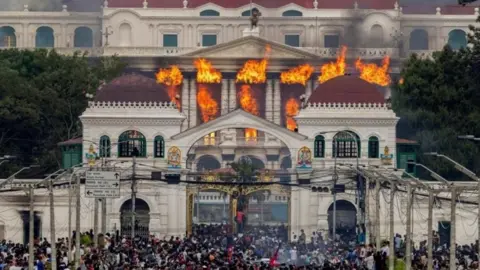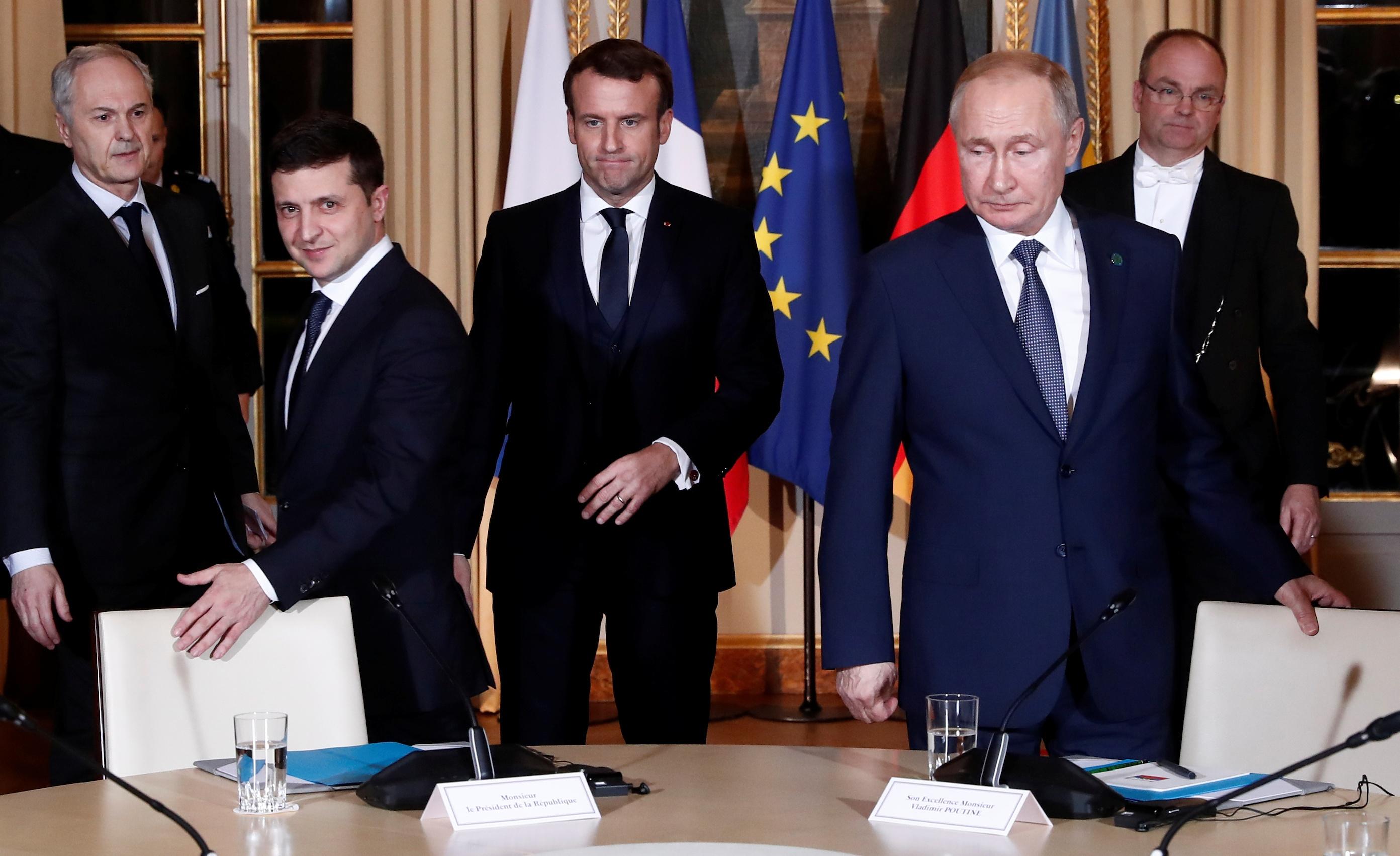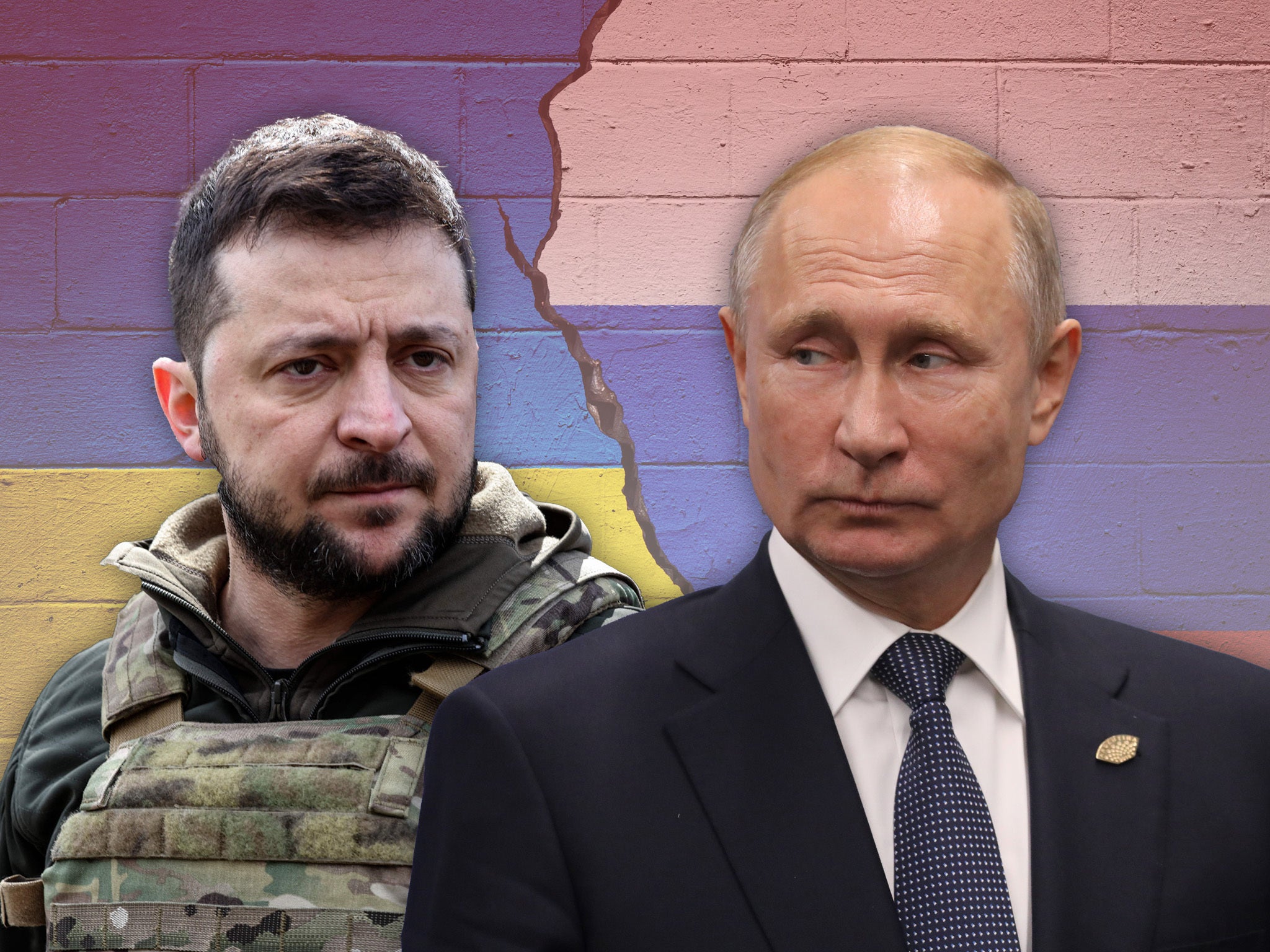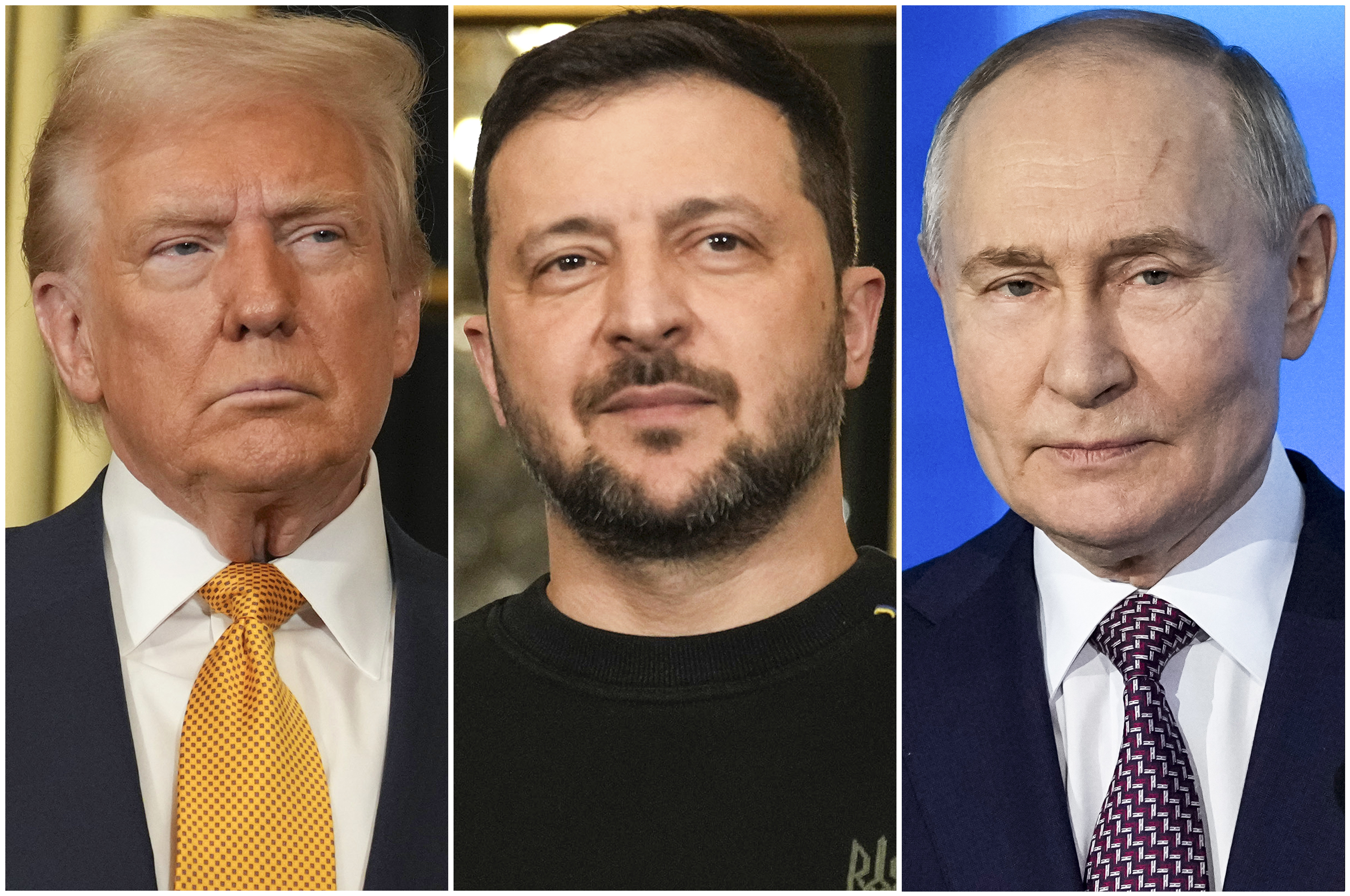Nepal’s Gen Z Revolution: Building the World’s First Corruption-Free Democracy
In less than twelve hours, Nepal’s Gen Z Revolution swept away not just a sitting government but an entire political class that had grown synonymous with corruption, stagnation, and betrayal. The revolt was not merely against rising prices or broken promises. It was against the decades-long stranglehold of three corrupt parties—Nepali Congress, UML, and the Maoists. Their era has ended. What remains is an extraordinary opportunity: the chance to design the most innovative democracy on Earth.
A One-Party, Meritocratic Democracy
Instead of replacing the failed parties with new replicas of the same system, Nepal’s youth envision something bold: a one-party democracy that is radically meritocratic. This would not mean dictatorship. Rather, it would mean one transparent political platform where every single office is contested between two highly qualified candidates. The party would guarantee human rights—especially free speech and dissent—and would institutionalize merit, performance, and accountability over money and muscle.
By narrowing elections to two capable candidates per position, voters would still exercise choice while filtering out unqualified, corrupt, or criminal aspirants. It would be democracy streamlined for quality and efficiency.
Beyond Elections: Continuous Accountability
Done correctly, this model could evolve beyond periodic elections altogether. Traditional democracies often wait years to remove underperformers. Nepal’s new system could build mechanisms where poor performers lose their positions immediately, replaced through internal meritocratic processes rather than delayed electoral cycles. This ensures continuous accountability—leaders serve the people every day, not just during campaign seasons.
The Revolutionary Interim Constitution
To pave the way, Nepal needs a revolutionary interim government and an interim constitution. This document would not only establish the one-party meritocratic model but also lay the foundations for a deeper transformation: the birth of a Kalkiist economy.
Toward a Moneyless Society
The revolution is not only political. It is economic. The Kalkiist vision points toward a moneyless society where corruption cannot exist—because money itself disappears. By moving toward a system where value is measured in service, trust, and collective prosperity, Nepal has the chance to become the world’s first corruption-free country.
Education, healthcare, and justice could be provided freely and universally, funded not by taxes siphoned off by elites but by the efficiencies of a moneyless economy. The old logic of scarcity and greed would be replaced by abundance and merit.
Nepal’s Historic Role
For centuries, Nepal has been underestimated by global powers. But revolutions rarely arise in the centers of empire—they begin in the margins. By rejecting its corrupt past and daring to imagine a new democratic model, Nepal has the chance to lead the world into a new era.
The youth who toppled a government in half a day may now do something far greater: design a system where corruption is structurally impossible, where democracy is purified into meritocracy, and where the economy itself transcends money.
The revolt was against the past. The future, if seized, could belong to Nepal.
नेपाल की जेन-ज़ी क्रांति: दुनिया का पहला भ्रष्टाचार-मुक्त लोकतंत्र
बारह घंटे से भी कम समय में नेपाल की जेन-ज़ी क्रांति ने न केवल एक चलती सरकार को गिरा दिया बल्कि पूरे राजनीतिक वर्ग को साफ़ कर दिया, जो दशकों से भ्रष्टाचार, ठहराव और विश्वासघात का पर्याय बन चुका था। यह विद्रोह केवल महँगाई या टूटे वादों के ख़िलाफ़ नहीं था। यह तीन भ्रष्ट पार्टियों—नेपाली कांग्रेस, यूएमएल और माओवादी—के लंबे समय से चले आ रहे शिकंजे के ख़िलाफ़ था। उनका युग समाप्त हो गया है। अब जो बचा है वह एक असाधारण अवसर है: धरती पर सबसे नवाचारी लोकतंत्र को बनाने का।
एक-दलीय, योग्यता-आधारित लोकतंत्र
विफल पार्टियों को उसी पुराने ढाँचे की नई प्रतियों से बदलने के बजाय, नेपाल की युवा पीढ़ी कुछ साहसिक सोच रही है: एक ऐसा एक-दलीय लोकतंत्र जो पूरी तरह योग्यता-आधारित हो। इसका अर्थ तानाशाही नहीं है। बल्कि इसका मतलब है एक पारदर्शी राजनीतिक मंच, जहाँ हर पद के लिए दो योग्य उम्मीदवार आपस में प्रतिस्पर्धा करेंगे। यह पार्टी मानवाधिकारों—विशेषकर अभिव्यक्ति की स्वतंत्रता और असहमति—की रक्षा करेगी और धन और बल के बजाय योग्यता, प्रदर्शन और जवाबदेही को संस्थागत रूप देगी।
चुनावों को प्रति पद केवल दो सक्षम उम्मीदवारों तक सीमित करके, जनता को विकल्प का अधिकार मिलेगा और साथ ही अयोग्य, भ्रष्ट या आपराधिक दावेदारों को बाहर रखा जाएगा। यह लोकतंत्र को गुणवत्ता और दक्षता के लिए परिष्कृत करेगा।
चुनाव से आगे: सतत जवाबदेही
सही ढंग से लागू होने पर यह मॉडल पारंपरिक चुनावों से भी आगे जा सकता है। पारंपरिक लोकतंत्रों में अकर्मण्य नेताओं को हटाने में वर्षों लग जाते हैं। नेपाल की नई व्यवस्था में तंत्र ऐसा होगा कि ख़राब प्रदर्शन करने वाले नेताओं को तुरंत हटाया जा सके और उन्हें आंतरिक योग्यता-आधारित प्रक्रिया से बदला जा सके। इसका अर्थ है सतत जवाबदेही—नेता हर दिन जनता की सेवा करेंगे, न कि केवल चुनावी मौसम में।
क्रांतिकारी अंतरिम संविधान
इसके लिए नेपाल को एक क्रांतिकारी अंतरिम सरकार और एक अंतरिम संविधान की आवश्यकता होगी। यह संविधान न केवल एक-दलीय योग्यता-आधारित मॉडल स्थापित करेगा बल्कि एक गहरी रूपांतरण यात्रा की नींव भी रखेगा: कल्किवादी अर्थव्यवस्था का जन्म।
एक पैसारहित समाज की ओर
यह क्रांति केवल राजनीतिक नहीं है। यह आर्थिक भी है। कल्किवादी दृष्टि एक ऐसे पैसारहित समाज की ओर इशारा करती है जहाँ भ्रष्टाचार असंभव हो—क्योंकि पैसा ही नहीं होगा। एक ऐसी व्यवस्था की ओर बढ़ते हुए जहाँ मूल्य सेवा, विश्वास और सामूहिक समृद्धि से मापा जाएगा, नेपाल के पास दुनिया का पहला भ्रष्टाचार-मुक्त देश बनने का अवसर है।
शिक्षा, स्वास्थ्य और न्याय सबको निःशुल्क और सार्वभौमिक रूप से उपलब्ध हो सकते हैं—न कि उन करों से जिनको अभिजात वर्ग चूसता है, बल्कि एक पैसारहित अर्थव्यवस्था की दक्षताओं से। कमी और लालच की पुरानी मानसिकता को प्रचुरता और योग्यता से बदल दिया जाएगा।
नेपाल की ऐतिहासिक भूमिका
सदियों से नेपाल को वैश्विक शक्तियों ने कम आँका है। लेकिन क्रांतियाँ शायद ही कभी साम्राज्यों के केंद्रों में जन्म लेती हैं—वे सीमाओं से उठती हैं। अपने भ्रष्ट अतीत को नकार कर और एक नए लोकतांत्रिक मॉडल की कल्पना करने का साहस कर, नेपाल दुनिया को एक नए युग की ओर ले जाने का अवसर रखता है।
वह युवा जिन्होंने आधे दिन में एक सरकार गिरा दी, अब कुछ और भी महान कर सकते हैं: ऐसा तंत्र तैयार करना जहाँ भ्रष्टाचार संरचनात्मक रूप से असंभव हो, जहाँ लोकतंत्र योग्यता-तंत्र में शुद्ध हो जाए, और जहाँ अर्थव्यवस्था पैसे से परे चली जाए।
यह विद्रोह अतीत के ख़िलाफ़ था। यदि अवसर को पकड़ा जाए, तो भविष्य नेपाल का हो सकता है।
Can Meritocracy and Multiparty Democracy Coexist? Rethinking Elections for a Data-Driven Era
The Meritocratic Governance Party (MGP)
China: Meritocracy? Autocracy?










